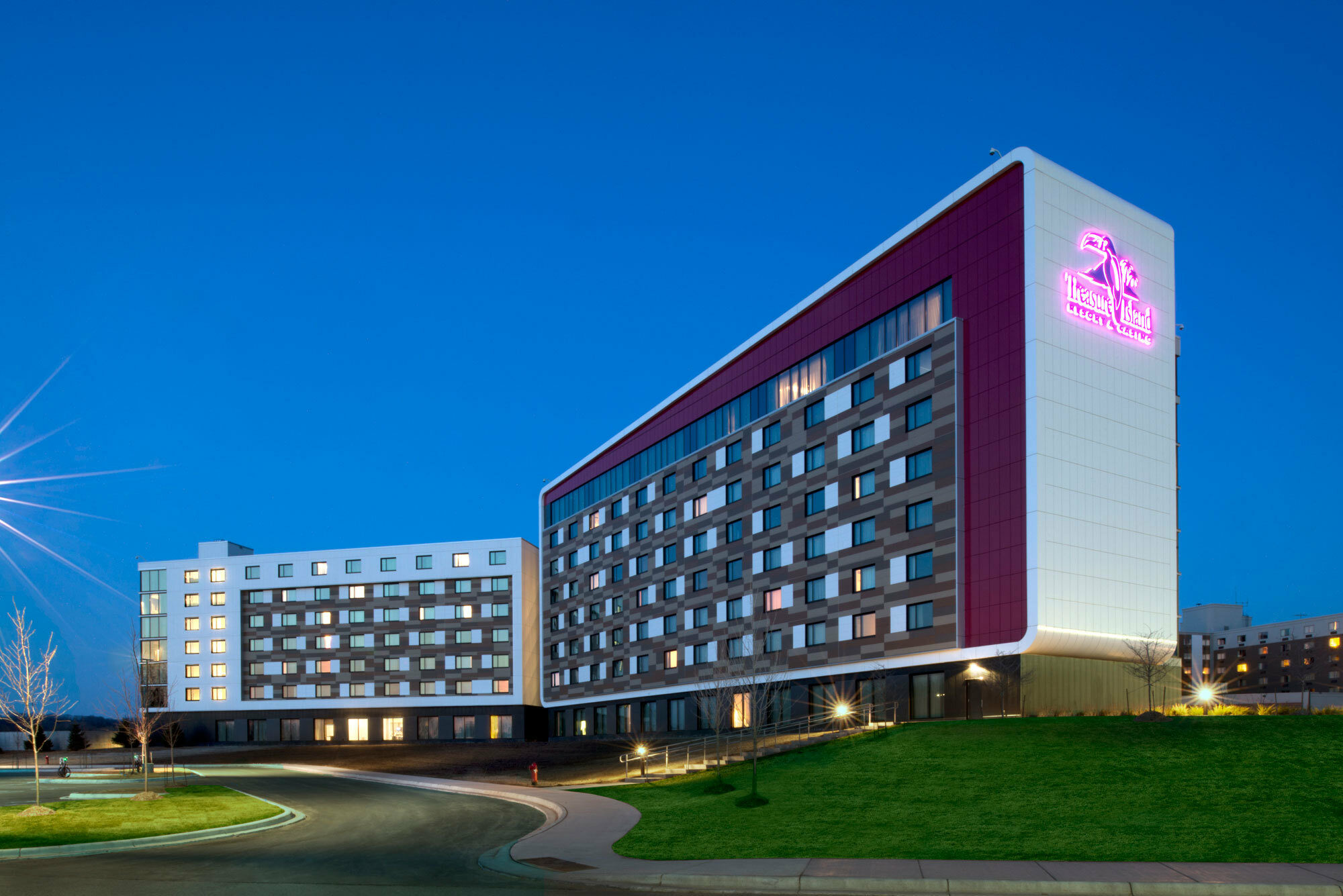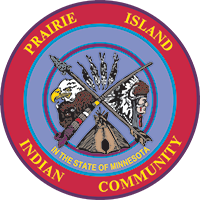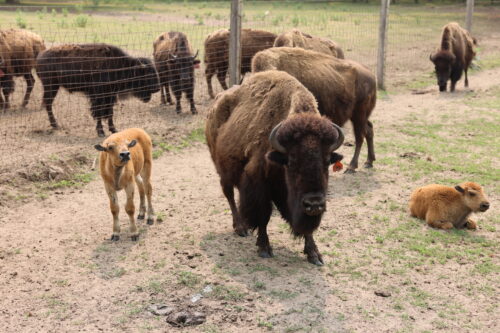A New Buffalo

Tribal gaming has transformed not just the Prairie Island Indian Community but all of Indian Country; it is our new buffalo, providing tribes with the economic means to be self-sufficient governments.
Gaming got its start on Prairie Island in 1984 when our Tribal Council authorized the play of high stakes bingo. Island Bingo opened soon after. For the first time, the Tribe had an economic engine to drive its economy, and the roots of self-sufficiency started to grow on Prairie Island.
Indian Gaming Regulatory Act
Those roots spread quickly when in 1988 the federal government recognized the sovereign right of tribes to operate gaming on their lands. The Indian Gaming Regulatory Act (IGRA) was enacted by the United States Congress on October 17, 1988, to regulate gaming on Indian Lands and promote “tribal economic development, self-sufficiency, and strong tribal governments.”
Minnesota tribes were among the first to act. The Prairie Island Indian Community negotiated and signed two compacts with the state of Minnesota authorizing two types of casino games: video games of chance (1988) and blackjack (1991), and Treasure Island Resort & Casino was soon in operation.
Today, Treasure Island is the largest employer of Goodhue County, and a premier destination resort and casino in the Upper Midwest, attracting hundreds of thousands of guests each year, and featuring the second-largest hotel property in the state of Minnesota.
Importantly, the revenue received from these tribal gaming activities goes directly toward funding the operation of tribal government services. While other governmental units in Minnesota, such as cities and counties, receive funding from the state for basic government operations or can turn to taxation to raise operating revenue, the Prairie Island Indian Community’s primary revenue source for funding its government is from these gaming activities.
Improving Life On and Off the Reservation
It’s hard to overstate the positive impact of tribal government gaming; it’s the only economic development that has ever worked in Indian Country. Tribal government gaming is working exactly as Congress intended when it passed the Indian Gaming Regulatory Act (IGRA).
Revenue from our gaming operation allows us to offer services to our members and improve life on the reservation. Education, health care, nutrition, cultural and environmental preservation, and public safety – all these programs that we offer are possible because of the revenue from our Tribal-owned businesses.
Importantly, the benefits don’t stop at the reservation borders. We are creating a positive impact across the region because of the jobs and economic activity generated from our gaming enterprise. We are the largest employer in Goodhue County and generate nearly $15 million dollars annually in payroll taxes alone. We draw our employees from across the region and state. Those employees go back into their communities and spend their paychecks, driving increased economic impact. That activity is in addition to the more than $50 million dollars we spend annually with Minnesota business to support our operation.
Statewide Impact
Minnesota’s 11 tribes own and operate a total of 19 casinos in the state on reservation land. Combined, those casinos represent one the state’s largest employers with annual payroll exceeding $500 million and economic impact well over a billion dollars.
Charitable Giving
Sharing our success with others is a Dakota value. Supporting state and local charities is a privilege and we are grateful for the opportunity and proud of the impact we continue to have for these organizations. Over the past 20 years, the Prairie Island Indian Community has donated more than $20 million to charitable organizations.




